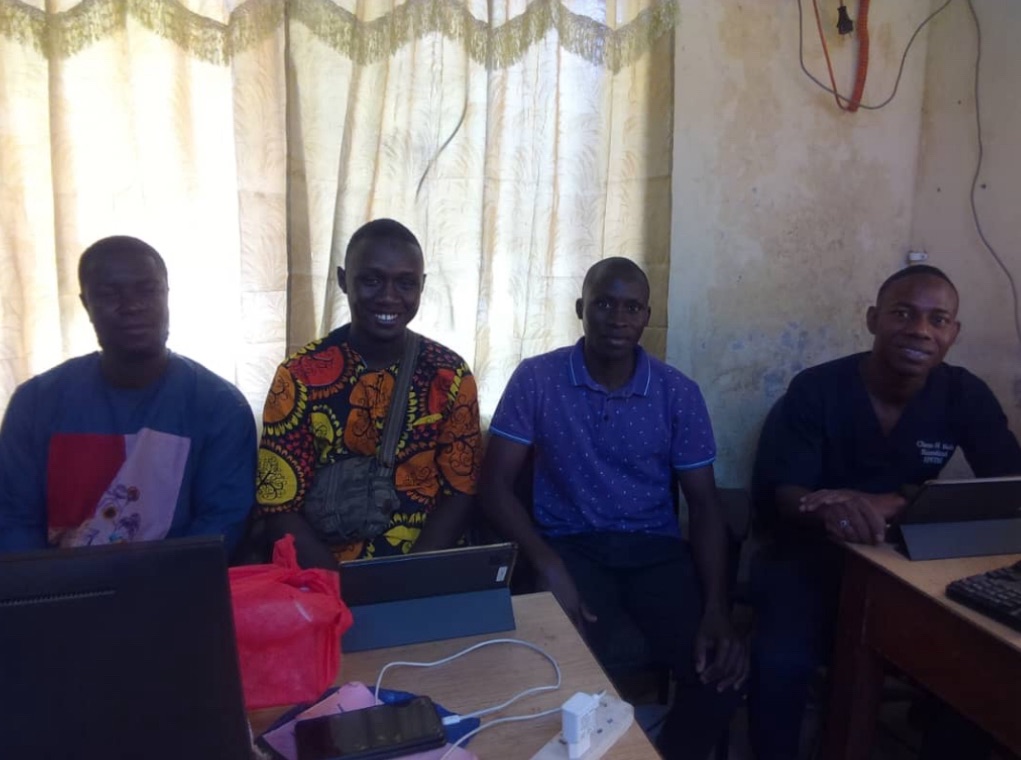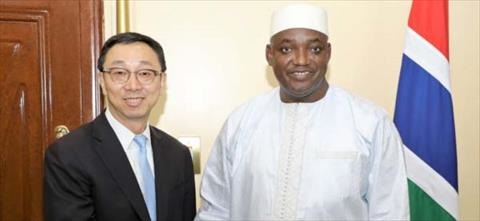The COVID-19 pandemic highlighted the importance of oxygen as a lifesaving medication. It also exposed the severe lack of access to medical oxygen in low- and middle-income countries, which led to the loss of millions of lives.
In response to this, several global healthcare organizations started the Africa Infrastructure Relief and Support (AIRS) project, with the initial goal of ensuring reliable availability of medical oxygen to patients in West Africa, specifically Gambia, Liberia, and Sierra Leone.
The AIRS project, made possible by a grant from Direct Relief, is led by the Society of Critical Care Medicine (SCCM) in collaboration with the Institute ofGlobal Perioperative Care (IGPC) and Johns Hopkins Global Alliance of Perioperative Professionals.
“The AIRS project was created as a comprehensive response to medical oxygen production in African nations with economic challenges,” according to Dr. John Sampson, president of IGPC and SCCM member.The project includes installation of energy-efficient vacuum swing adsorption (VSA) oxygen generation plants, which save nearly 30% on annual energy consumption, freeing up scarce hospital resources for other critical health care needs.
Dr. Sampson further explained that the project’s ancillary support components include continuous training of local biomedical technicians to maintainand operate oxygen plants in order to create a culture of maintenance. With proper maintenance, plantscontinue to function for many years, ensuring consistent delivery of high-quality medical oxygen.
IGPC launched the VSA Maintenance and Operations Training Program for the maintenance and ongoing,efficient operation of VSA oxygen generation plants. This program will be one of several training and education programs for hospital staff through the AIRS project.
The VSA Maintenance and Operations Training Program was designed and tailored for SCCM and IGCP by Safe Surgery Initiative (SSI), a leading healthcare focused, international NGO. “SSI directs its services in capacity building, education, and strengthening of local surgical services to low- and middle-income nations,” said SSI’s CEO Keith Miles.“The tailored VSA training program starts with an online training module that closely tracks the manufacturer’s maintenance and operations manual. Trainees get training in basic plant design and the mechanics of medical oxygen production in a vacuum swing adsorption system. The next block of training is a practical hands-on segment conducted during the initial startup of two actual VSA oxygen plants.”
The eight (8) Gambia and Liberia biomedical technician trainees will have a doubly reinforced hands-on learning experience as each country’s biomedical technician teams will attend the initial plantstartup phase of both plants. The program also includes a third tier of training, which incorporates train-the-trainer modules and professional development ofbiomedical equipment engineers. The VSA Maintenance and Operations Training Program will offer a certificate after successful completion. The certificate adds value to recipient biomedical technicians and enhances their professional standing.This in-person training will occur at the Edward Francis Small Teaching Hospital in Banjul, Gambia, and F.J. Grante Hospital in Sinoe County, Liberia.
The VSA Maintenance and Operations Training Program started with an online overview of the program on Monday, February 19, 2024. This training provided Gambian and Liberian trainees with a primer on how to navigate the online course material, and a short preview of the hand-on training and the train-the-trainer module.





